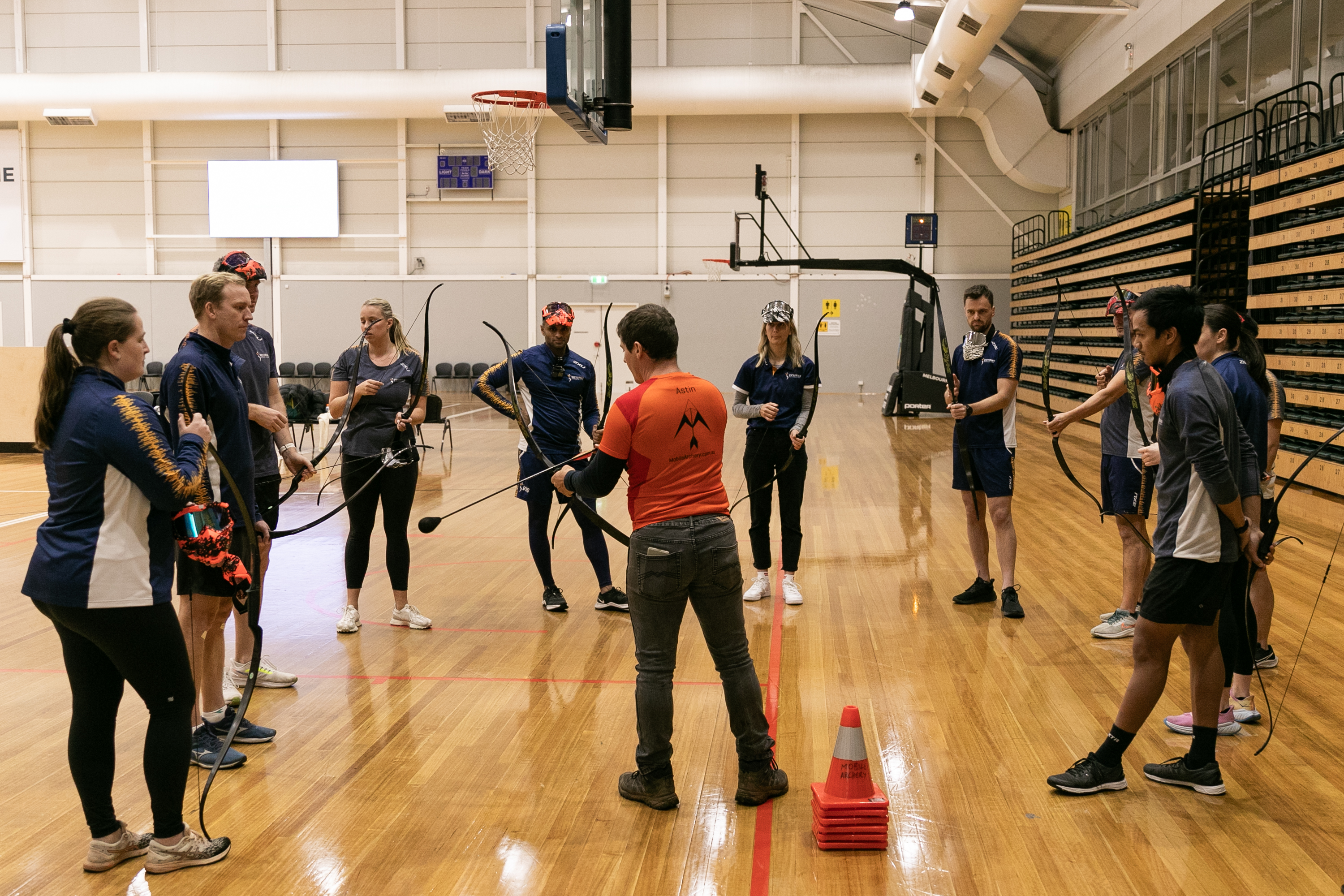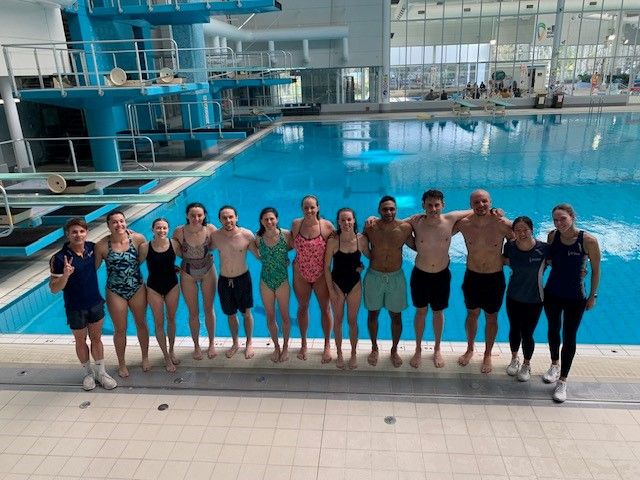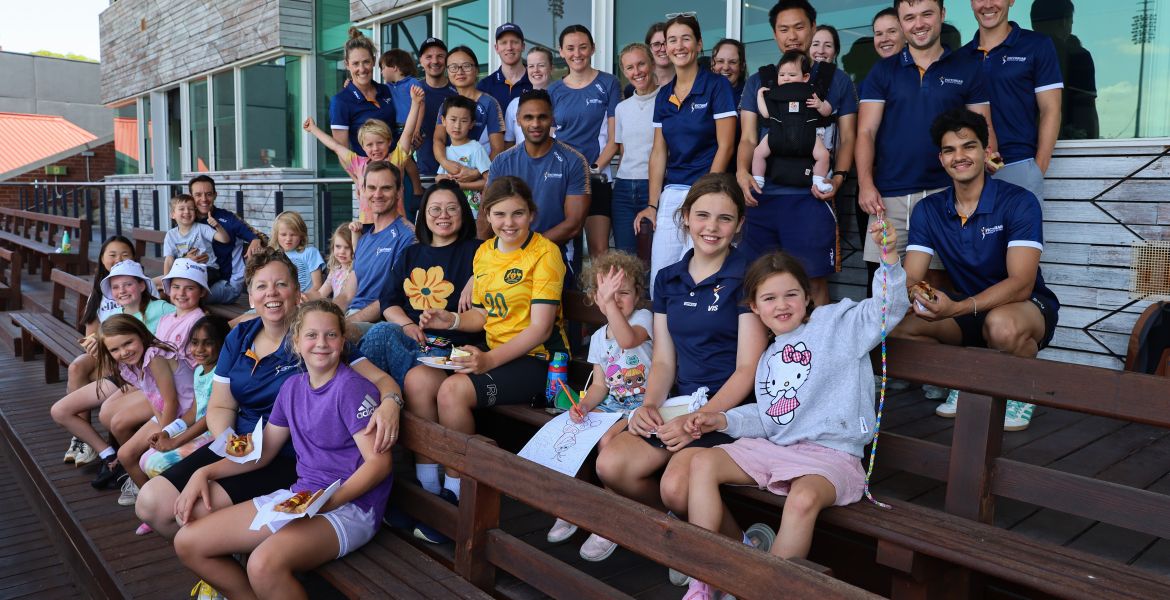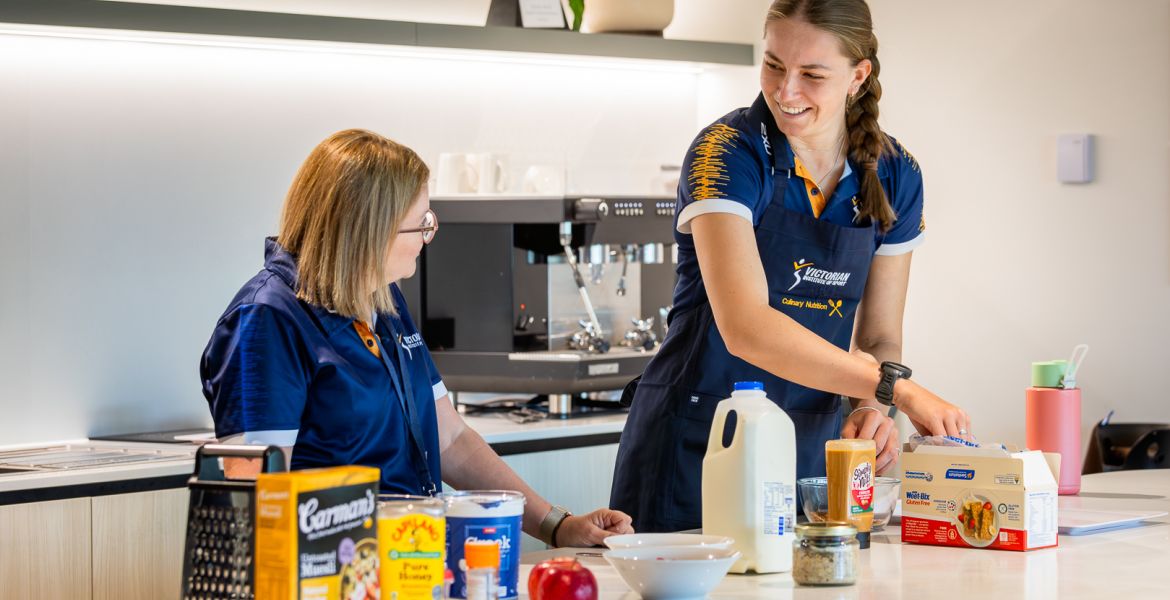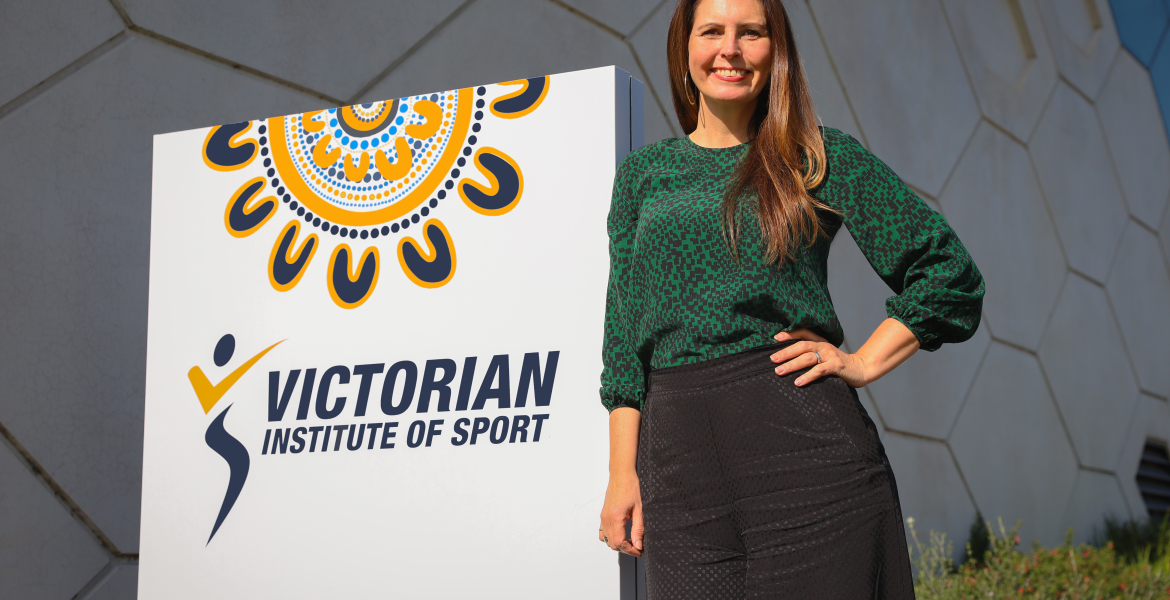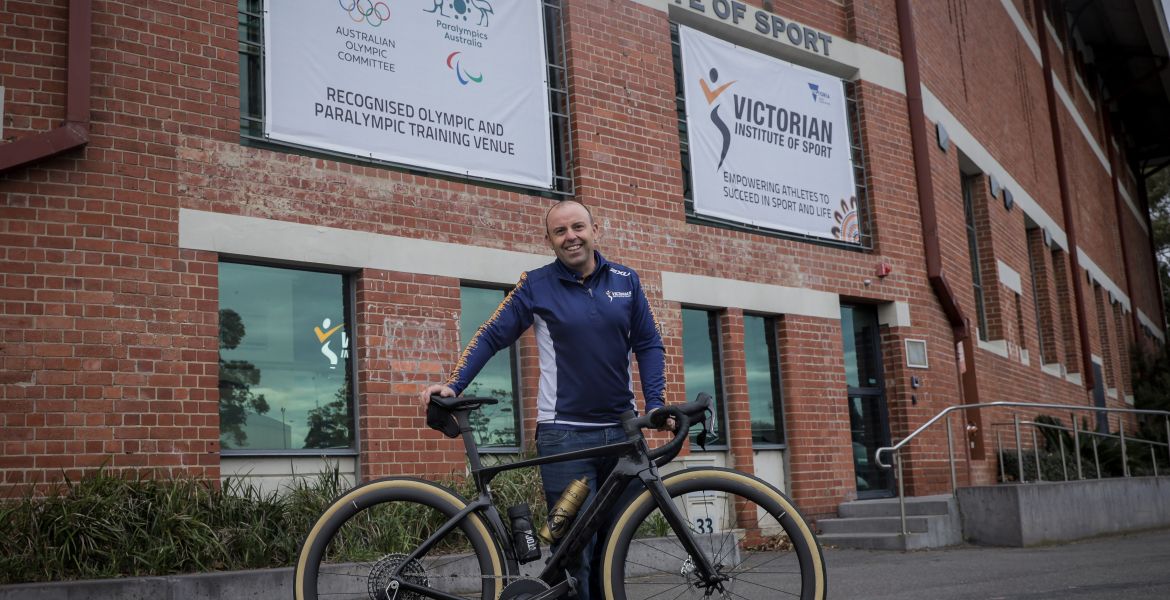Olympians are rare creatures.
How rare?
Well, a miniscule 0.00014888% of the Australian population can call themselves Olympians.
At the Victorian Institute of Sport, however, 11% of the workforce have represented their country at the biggest sporting event in the world.
This is hardly surprising given the VIS is unmistakably a high-performance organisation dedicated to its athletes and the higher cause of sport, health and community. A certain mentality pervades the VIS.
“The mindset of an Olympian is that one percenters matter and working hard in all aspects of your life is important,” says former Olympic gymnast Steph Moorhouse (Athens 2004), who is now a VIS Performance Lifestyle Advisor.
Of course, not everyone at the VIS is going to get to wear green and gold and yet staff are encouraged to put themselves in the shoes – or should that be spikes or aerial skis - of the athletes they support.
“When we step into their shoes it allows us to keep thinking about what creates a successful performance environment,” VIS Facilities Manager, Salesi Uhi, says.
“Every Friday lunchtime, for example, VIS staff take to the court, pool or field to participate together in a sport often with the instruction or assistance of a coach or athlete.”
For our Olympians, such as four-time Olympian and Hockeyroo Jay Stacy, two-time Olympic archer Alice Ingley and 2004 Athens diving silver medallist Mat Helm, teaching people about their Olympic sport is “always fun.”
It can also be incredibly impressive to witness up close what elite looks like.
Some of the developing athletes, those aspiring to become Olympians but with a way to go on their journey, can leave you with no doubt about their talent, drive and expertise.
The accuracy of archers Astin Darcy, Laura Paeglis and Imogen Grzemski, the technical understanding explained by divers Laura Hingston and Nina Pham or the speed and co-ordination of wheelchair basketballer Chithic Machar have been something to witness.
Stepping on to a squash court with Andre Lynn, who can aim for the 2028 Olympic Games in Los Angeles with the sport recently added to that program, was instructive.
“It’s amazing to see up close what makes our athletes incredible,” says IT Manager Mark Brown.
“The ease with which they’re able to perform their sport really demonstrates just how remarkable they are.”
Brown says that “Friday’s at the VIS probably look a little different to most organisations. But it’s the ability to connect with athletes and try our hands at different sports that gives our work a real sense of purpose whilst also having some fun.”
Put another way, if you can’t be an Olympian you can think like one.
Or at least hope to understand some of what it takes to be one, so that 100 per cent of the VIS staff can be as committed as possible to the success of the 11 per cent.
